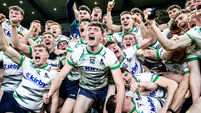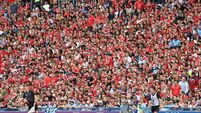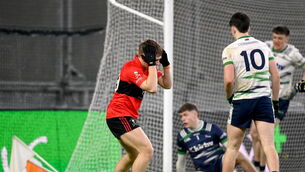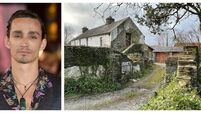Daniel Goulding: 'We took the good times for granted'
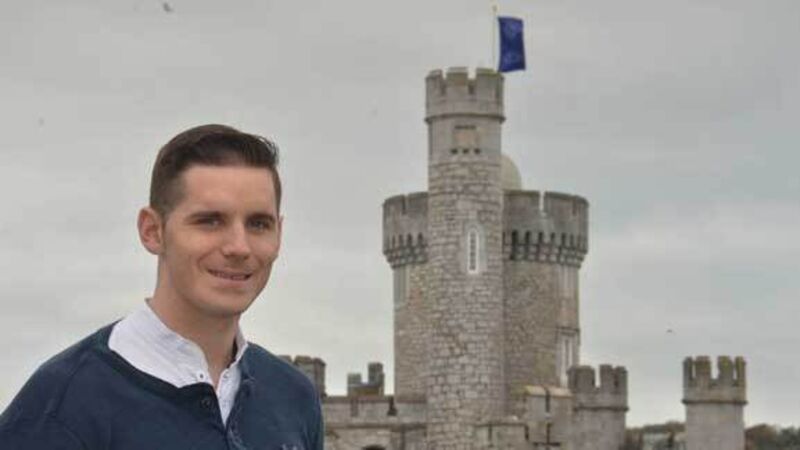
T was supposed to be the same kick. The way he’d trained and drilled himself, it was always the same kick. Dead ball, 45 yards out, off the ground, over the bar, no doubt.
One famous September Sunday in 2010 in particular, that was the state of mind that he was in. Didn’t matter that there were 82,000 looking on as he stood over that ball, that it was an All-Ireland final, that this was the day and the chance he and his team-mates simply had to take. He’d blanked all that out: It was just him and that ball and those posts.







